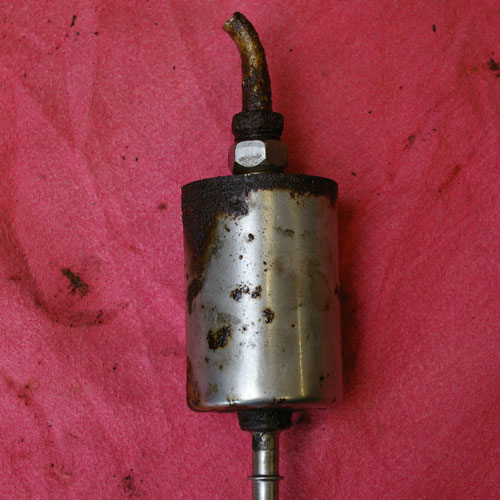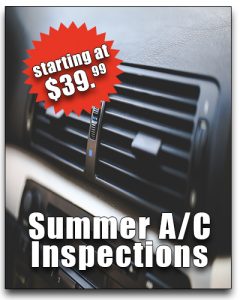A fuel filter is a critical part of this system as it protects your engine from harmful debris. The fuel filter screens dirt and rust particles from the fuel, keeping them from entering the engine and causing damage. If debris enters the engine – even tiny rust particles – it causes unnecessary wear and tear on the engine components and wreaks havoc on the overall system. Unfiltered fuel can contain vast quantities of contamination like paint chips, dirt and rust. These contaminants must be removed to prevent accelerated wear and ultimate failure of the fuel pump and injectors. The abrasive nature of the particles on the high-precision components of the fuel injection systems cause extreme damage and will eventually lead to an unnecessary expense.
The fuel system stores gasoline or diesel in the tank and then draws on this through fuel lines and delivers it through a fuel filter to either a carburetor or fuel injector. Fuel is then supplied to the cylinder chamber where it is mixed with air, vaporized, and burned to produce energy.
The rule of thumb when replacing a fuel filter on an older model car is at least every 2 years or 48,000 kilometers. On newer models, this interval can run longer. The best way to tell if your fuel filter needs replacing is to have the mechanic do a fuel pressure test. Many sources online estimate filters should be replaced as soon as every 32,000 up to 64,000 kilometers.
One typical example of a restricted fuel filter is a vehicle that cuts out or loses power driving up an incline, such as a bridge. Under load, fuel demand increases and a clogged fuel filter reduces the needed flow. As the fuel filter gets dirty, the fuel pump works much harder.



